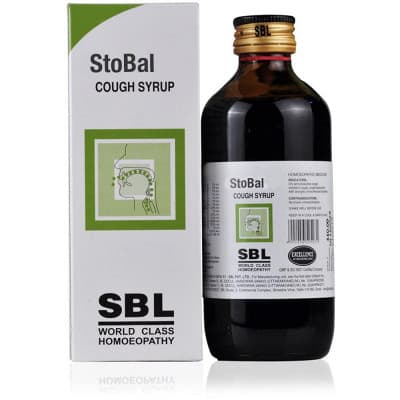"Understanding the Compatibility of Multiple Homeopathic Remedies: Is It Safe?"
Homeopathy, a system of alternative medicine, relies on the principle of "like cures like," where highly diluted substances are used to stimulate the body's natural healing abilities. Many individuals seek homeopathic treatments for various health concerns, often wondering whether it's safe to take multiple remedies concurrently. Let's delve deeper into this topic.
What Are Homeopathic Remedies?
Homeopathic remedies are prepared by diluting natural substances such as plants, minerals, and animal products to create highly potentized solutions. The fundamental principle is based on the belief that minute doses of a substance that causes symptoms in a healthy individual can stimulate the body to heal similar symptoms in a sick person.
Can Multiple Remedies Be Taken Together?
In homeopathy, the choice of remedy is specific to an individual's unique symptoms and overall health. It's generally recommended to take only one remedy at a time to accurately assess its effects. However, some circumstances might warrant the use of multiple remedies simultaneously.
Combination Remedies:
There are pre-formulated combination remedies available that contain a mix of different homeopathic substances targeting a broader range of symptoms. These are often used for common ailments like colds, allergies, or flu-like symptoms. Using these combinations as directed by a healthcare practitioner may be safe.
Sequential Prescribing:
In certain cases, a homeopath might prescribe a series of remedies in a specific sequence to address different layers of symptoms or underlying health issues. This method, known as sequential prescribing, involves carefully timed changes in remedies based on the body's response.
Safety Considerations:
While combining remedies might seem plausible, it's crucial to proceed with caution:
Consult a Professional:
Consulting a qualified homeopathic practitioner is crucial before combining remedies. They can assess your symptoms, health history, and the compatibility of remedies to provide personalized guidance.
Potential Interactions:
Certain remedies might interact unfavorably when taken together, diminishing their effectiveness or causing unexpected reactions. A professional's guidance can help avoid such complications.
Dilution and Potency:
Homeopathic remedies are highly diluted, but their potency shouldn't be underestimated. Combining remedies incorrectly could potentially lead to an aggravation of symptoms or interfere with the body's response.
Individual Response:
Each person responds uniquely to homeopathic remedies. What works for one individual may not work similarly for another. Tailoring the treatment to individual needs is crucial.
Conclusion:
In the world of homeopathy, the emphasis lies on individualized treatment. While combining homeopathic remedies might be appropriate under certain circumstances, it's advisable to seek guidance from a qualified practitioner. Safety, proper dosage, and the individual's response should always be prioritized when considering multiple remedies.
Remember, the information provided in this blog is for educational purposes and should not replace professional medical advice. Always consult a healthcare practitioner or a qualified homeopath before starting any new treatment regimen.
In essence, while homeopathy offers holistic healing potential, caution and expert guidance are vital when contemplating the combination of multiple remedies.
Feel free to expand upon or modify the content based on your preferences or specific requirements for the blog.

Comments
Post a Comment